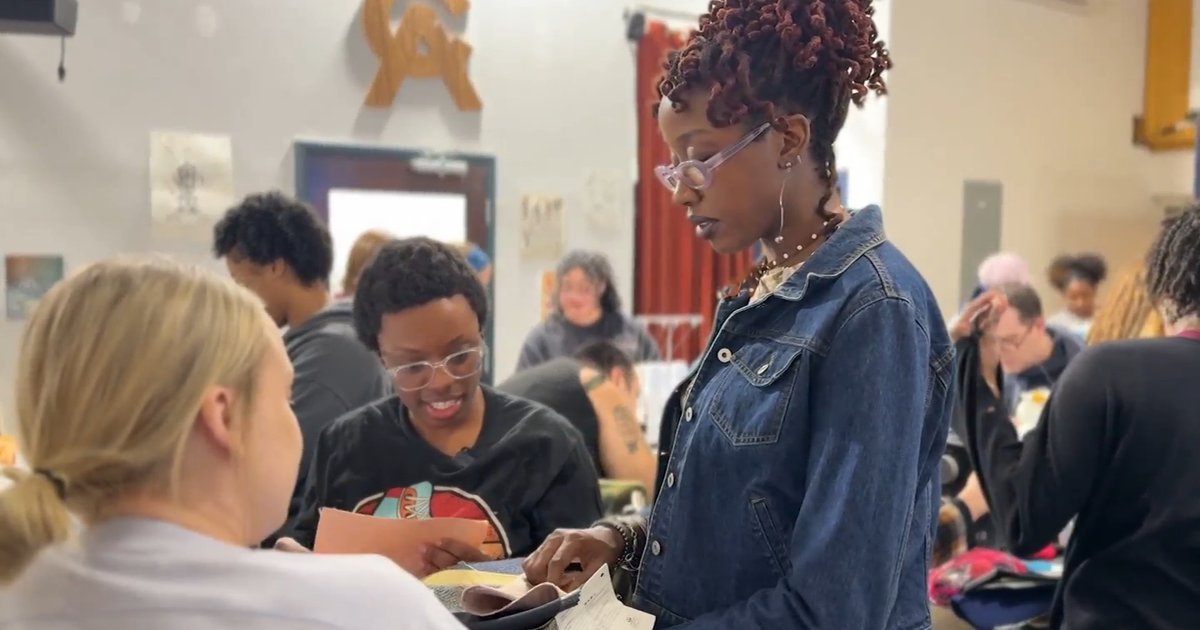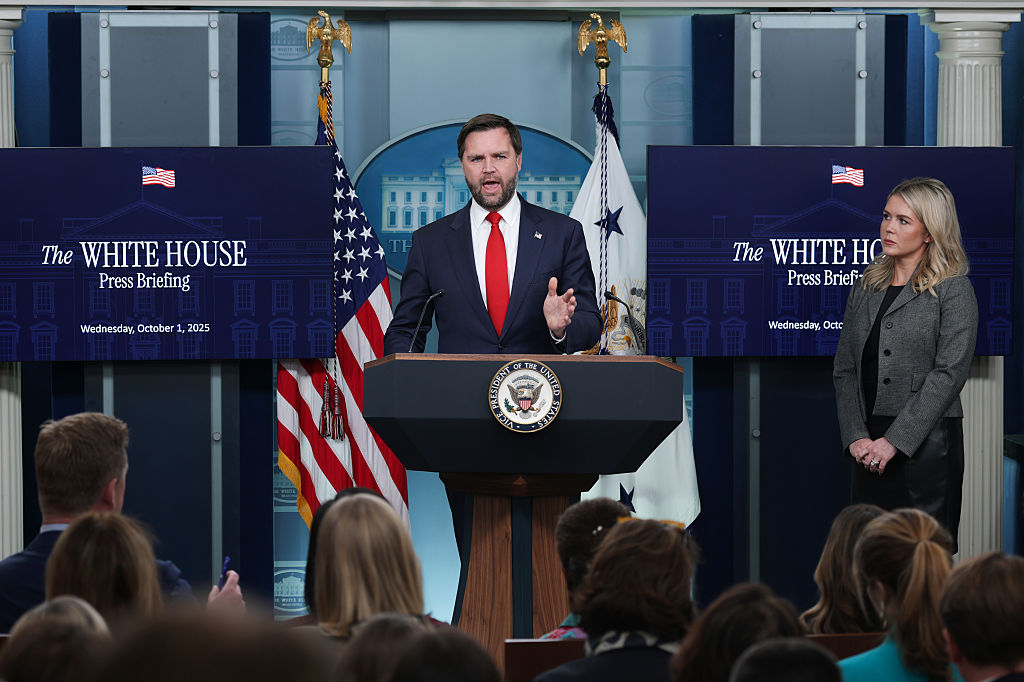How to stay productive and creative while working remotely amid coronavirus lockdown
A new survey from LinkedIn found 54% of Americans say working at home has made them more productive, while 51% also said it increased feelings of loneliness. While trading an office desk for a kitchen table has been a drastic shift for millions under coronavirus lockdowns, LinkedIn editor-in-chief Dan Roth said there are ways to take advantage of tools at home to keep the productivity up and creativity flowing.
"The amount of time that we lose trying to get to work and trying to get home from work, that is all time that you can now use answering emails or trying to get through your to-do list, or even dealing with standing around at home," Roth told "CBS This Morning" co-host Tony Dokoupil.
With offices shut, the distractions many fall into there have also fallen away.
"You really can just focus on what you need to focus on," he said.
However, Roth acknowledged there are also distractions surrounding working at home, from family to technology to pets, among other things.
The solution, Roth said, is a "regimented approach" to the day.
"My wife and I have an intricate schedule for when she is running her company, when I'm trying to do my job, and when we are home-schooling our three kids," Roth said. "We try to make it work. We go over schedules in the morning."
He noted that it's important to include family time in the schedule, as well, "so that you can close the computer at some point and say 'I'm done'" before shifting into "family mode."
To keep one's creative juices flowing, Roth suggested carving out time with colleagues, even through a joint activity like baking. Leaving the camera on and working on a fun project together can inspire similar conversations to those had at the water cooler, Roth suggested.
"You kind of have a little bit of room for having those unscripted conversations," he said. "It still means having to get the right people in the room."
With getting people together remotely is more difficult than passing a coworker in the hallway or just walking over to someone's desk, Roth predicted those kinds of in-the-moment connections will "see a lot of people trying to invent ways to allow us to do that virtually" over the next few years.
"I think that companies are going to struggle with finding ways to have those bits of inspiration where just something connects, two people connect in a way they wouldn't have come together before," Roth said.



